I Will Not Fold These Maps by Mona Kareem, translated from the Arabic by Sara Elkamel, Poetry Translation Centre, 2023
In 1986, just one year before the poet Mona Kareem was born, the stateless Arab population of Kuwait, who had been denied citizenship when Kuwait declared its independence in 1961, became categorized as illegal residents. Despite enjoying relatively equal status to Kuwaiti nationals until then, approximately 250,000 people were stripped of their access to free education, housing, and healthcare. Following the Iraqi invasion and the subsequent war of 1991, many of the Bidoon community, including Kareem’s mother’s family, were expelled from their positions or deported outside of Kuwait, accused of collaborating with the enemy. Forced to flee their homes, they became internal refugees when they arrived at Kuwait’s border with Iraq. For Kareem, memories of such scenes from childhood bleed into the present moment, where she is exiled in the US and denied the opportunity to visit the country in which she was born, as well as the members of her family who still reside there. I Will Not Fold These Maps, translated by Sara Elkamel, is a curated collection of poems covering twenty years of Kareem’s poetry, both previously published and new. It is a collection marred by exile, war, and the fraught relationships and ruins they leave in their wake.
Kareem’s poems are replete with unique images—they paint scenes in language that mirror the chaos of memory, the fragmentation of exile, and the mutilation of war. As Elkamel points out in her introduction, it seems that everything in Kareem’s poems has a body—one that bears the brunt of individual and collective traumas. At the same time, the poet is at a loss regarding what to do with her own body, as she tells us in her poem “My Body, My Vehicle” (Jasadī Markabatī). Her vehicle of a body is not one she can park or abandon just anywhere, for
When I go shopping, my wheels shatter
the glossy ceramic floors
and when I go to the beach
she sinks into the sandsmall and dark, completed and broke
her windows are an almanac of winds
and her voice falters at rush hour.

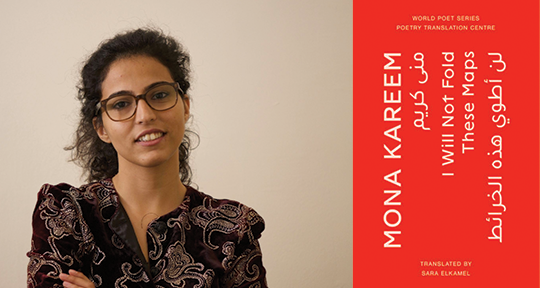


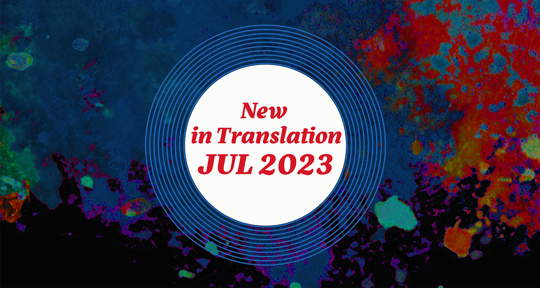
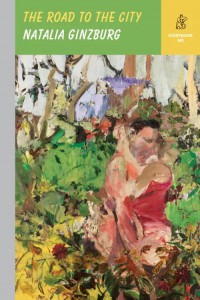
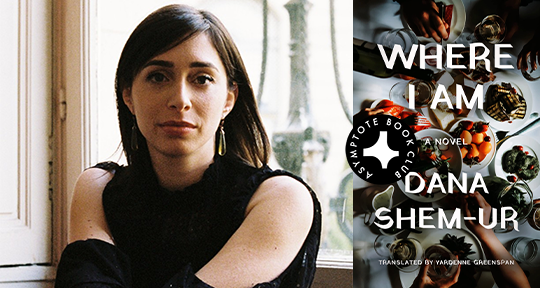
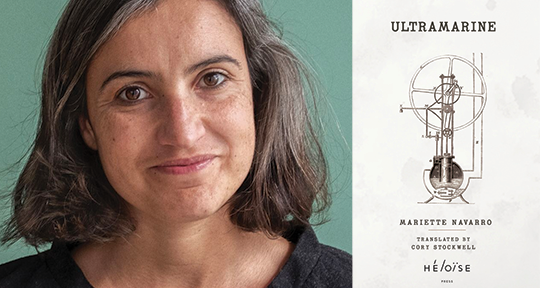
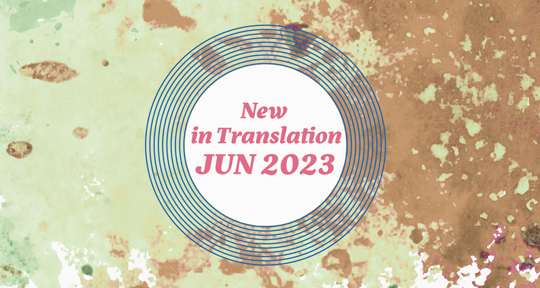
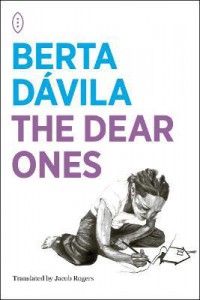

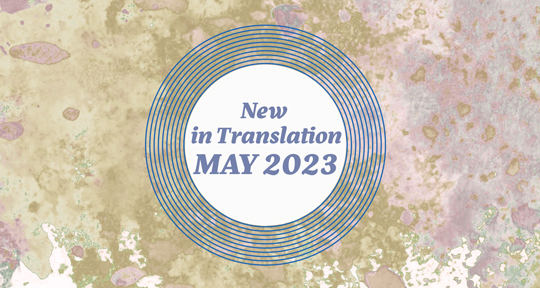
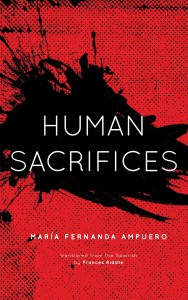


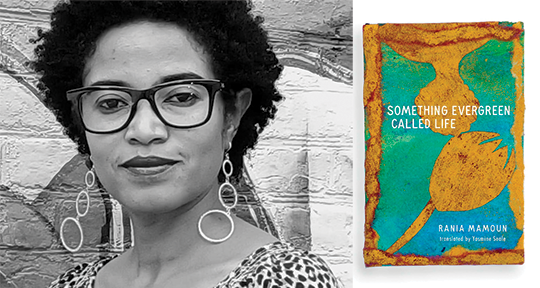
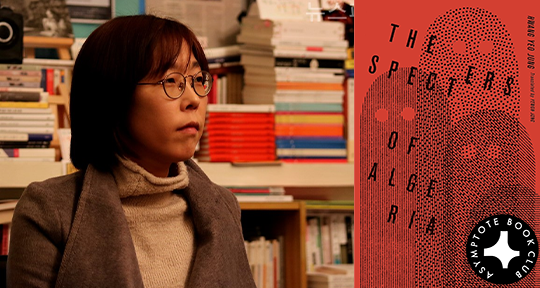
From Silly to Deadly: On Shalash the Iraqi by Shalash
. . .key to the humourist’s arsenal is none other than language itself—its malleability, its capacity for aggrandisement and diminishment alike.
Shalash the Iraqi by Shalash, translated from the Arabic by Luke Leafgren, And Other Stories, 2023
Anonymity fascinates and seduces. Endless speculations have circled invasively around who Elena Ferrante “truly” is; Catherine Lacey’s recent Biography of X reckons with erasing a layered past with a single letter of the alphabet; the first season of Bridgerton, the hit Regency-era romance on Netflix, has its narrative engine propelled by the question of Lady Whistledown’s real identity. These instances from the Global North exemplify the allure of mystery, but they fail to account for the stakes of remaining nameless in a political climate where to unveil oneself might be to threaten one’s own safety.
One might, in a moment of facetiousness, think of the eponymous chronicler of Shalash the Iraqi as the Lady Whistledown of Iraq’s Sadr City (or Thawra City, as it is lovingly christened by Shalash). Both issued frequent dispatches from within the epicentre of social disarray, guaranteeing the pleasure of gossip. More importantly, their pseudonymous veneers facilitated a lurid candour that might not otherwise have been possible.
There the similarities end. The respectable circles of upper-crust London did not live in the penumbra of foreign occupation. Nor were they plagued with the constant risk of spectacular sectarian violence, or hampered by a corrupt government that has “thieves, cheats, swindlers, traders in conspiracies” for politicians. It was against such chaos that Shalash released his explosive, timely blog posts, garnering a rapidly expanding local readership despite patchy Internet access in the country. The academic Kanan Makiya tells us, in his introduction, that people were printing out the posts, “copying them longhand,” “bombarding Shalash with questions and opinions.” Even high-ranking cadres could not resist partaking in the fanfare: one official expressed admiration while entreating Shalash not to mock him, for fear of his children’s potential disappointment. Another claimed that upon reading the daily communiqués, he would fall off his chair laughing.
Laughter, perhaps, can always be counted on to forge an affinity, if not a unity, beyond fractures of sect, status, and ethnic affiliation. Iraqis would “drop everything for a good laugh”; they gather in bars and down glasses of arak to immerse themselves in a “great, communal, and nondenominational drunkenness.” Shalash knows this, and abundantly turns it to his advantage. Nothing and no one is spared from the crosshairs of his ridicule, populated by a variegated cast that encompasses sermonisers, soldiers, suicide bombers, and donkeys. A vice-president’s verbal pomposity sounds like “he just ate a few expensive dictionaries and is about to lose his lunch.” A woman about to be married off to an Australian cousin is told, should her fiancé divorce her, “just tell everyone that he’s a terrorist and you’ll have nothing to worry about.” An odious neighbour, eager to save a spot for himself in paradise, proselytises the necessity of voting in the referendum for Iraq’s new constitution: “Don’t you know the going rate for rewards in heaven for helping ratify the constitution? It’s worth a hundred visits to the shrine of the Eighth Imam, and that’s on the far side of Iran!” When the narrator casually uses Google Earth, he is accused of lecherously spying on the women of his residence, sparking off a widespread hysteria—and court case—about the “violation of the morals of the block.” Each instance of mockery is a shard in a wider mirror of collective trauma.
READ MORE…
Contributor:- Alex Tan
; Language: - Arabic
; Place: - Iraq
; Writers: - Abu al-Qasim
, - Ahmed Saadawi
, - Catherine Lacey
, - Elena Ferrante
, - Emily Dickinson
, - Hassan Blasim
, - Kanan Makiya
, - Maya Abu al-Hayyat
, - Shalash
; Tags: - American occupation
, - anonymity
, - arabic literature
, - blogging
, - humor
, - Iraqi literature
, - social commentary
, - US Invasion of Iraq